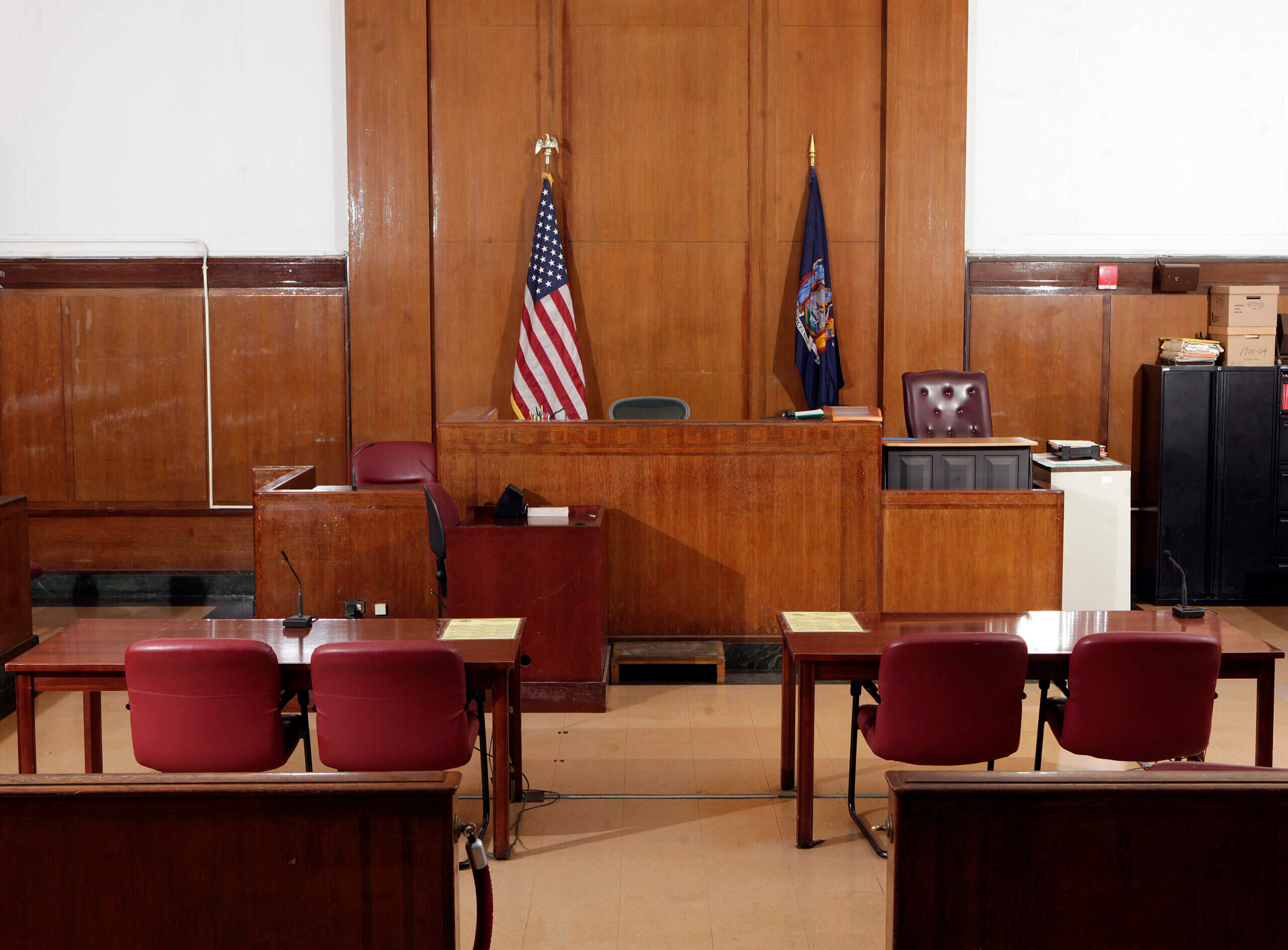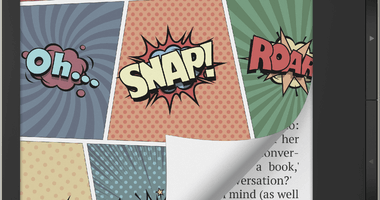The Internet Archive and major publishers have been fighting in court for over three years and today, a resolution might be at hand. This landmark case will establish a future where libraries can scan their own books and convert them to ebooks or are forced to buy them from major publishers at hefty markups.
During the early days of the Covid-19 pandemic, when, libraries and schools shuttered, the Internet Archive unilaterally launched the National Emergency Library, a program that temporarily removed controls on the scanned titles in the IA’s Open Library, making them available for multiple-user borrowing. The move sparked outrage from author and publisher groups and the Internet Archive shuttered the program a few months after it launched, due to litigation.
Who exactly is fighting the Internet Archive? Hachette, John Wiley, Penguin Random House and HarperCollins. Have argued that the Internet Archive book platform “constitutes willful digital piracy on an industrial scale” and hurts writers and publishers who rely on consumers buying their products.
William Adams, general counsel for HarperCollins Publishers, said the archive’s approach has no basis in law. “What they’re doing is supplanting what authors and publishers do with libraries and have been doing for a long time,” he said.
The Internet Archive says its lending practices are a fair and legal use of the books, in the same way, that traditional brick-and-mortar libraries have a right to share their collections with the public.
If the Internet Archive loses the case, it could potentially be on the hook for billions of dollars in damages. That could threaten other parts of its operation like the Wayback Machine, which preserves websites and has become a vital archival resource. It can also establish a president, making it easier to sue companies who want to digitize print books and loan them out to libraries.
Michael Kozlowski is the editor-in-chief at Good e-Reader and has written about audiobooks and e-readers for the past fifteen years. Newspapers and websites such as the CBC, CNET, Engadget, Huffington Post and the New York Times have picked up his articles. He Lives in Vancouver, British Columbia, Canada.





